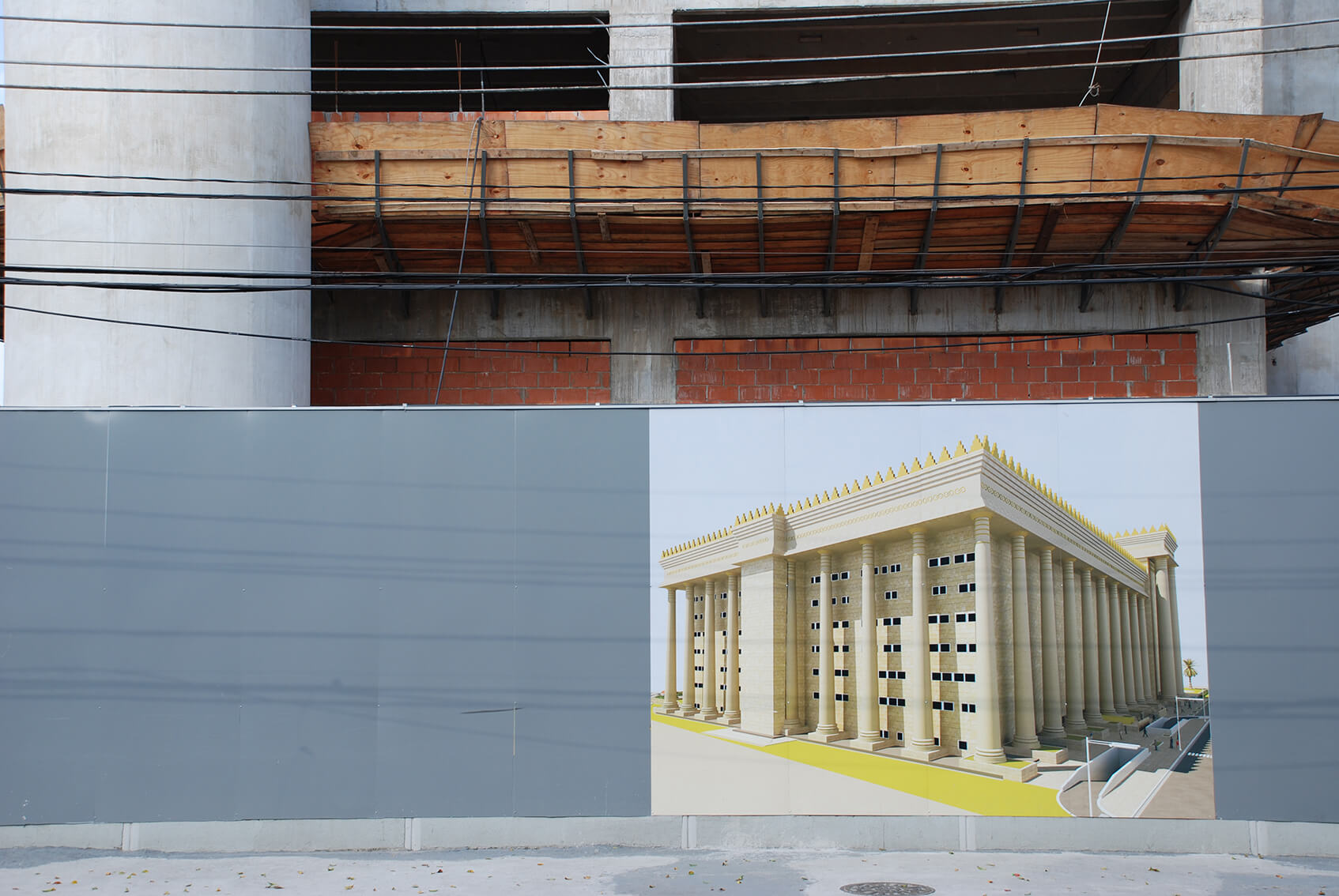On the occasion of Efrat Shvily’s exhibition “The Jerusalem Experience”, the CPG invites you on Saturday June 3 to a public talk with artist Efrat Shvily and Marie-José Mondzain, philosopher and researcher in CNRS, specialized our relationship to images.
Saturday June 3 at 14:30
BAC – Entrance 28 rue des Bains
Moderator : Joerg Bader, director of the CPG
—
Also on Saturday June 3, from 11:00
Book Launch Brunch
With Dorothée Baumann, Séverine Garat, Benjamin Hugard, Klaus Speidel, Thomas Galler
In her new work, “The Jerusalem Experience,” Efrat Shvily, in collaboration with Oren Myers, is looking at ways in which historic Jerusalem is being made into an “experience” with the help of advanced technology, for the benefit of its visitors but no less so for the benefit of political, religious, and commercial forces.
Fiche d'artisteArtist file
Efrat Shvili’s photographs and videos give expression to socio-political processes and phenomena in a wide range of genres from landscape photography to portraiture. Her subject is Israeli society and identity, as well as the Israeli-Palestinian conflict. Her work combines formalistic perception with a conceptual approach, encompassing both socio-political and personal narratives. In its dialectical outlook, her oeuvre confronts the viewer with a complex position: point counterpoint, one r [...]
Efrat Shvili’s photographs and videos give expression to socio-political processes and phenomena in a wide range of genres from landscape photography to portraiture. Her subject is Israeli society and identity, as well as the Israeli-Palestinian conflict. Her work combines formalistic perception with a conceptual approach, encompassing both socio-political and personal narratives. In its dialectical outlook, her oeuvre confronts the viewer with a complex position: point counterpoint, one reality vis-à-vis another, individual versus community. Shvili became well-known for her two early series, both presented in CPG, ”New Homes in Israel and the Occupied Territories“ (1992–1998) and ”Palestinian Cabinet Ministers“ (2000). While the first series questioned the relationship between Israelis and the land through photographs of austere landscapes and construction sites, the second series gave visibility to a new image of the Palestinian as statesman rather than terrorist. In her later works, Shvili examined myths and rituals that have to do with the formation of the Israeli identity and collective memory. During her career, Shvili has exhibited in a number of leading international venues including the 50th Venice Biennale, the NY Photography Triennial, the KW Center for Contemporary Art in Berlin, the Center for Contemporary Art Witte de With in Rotterdam, and the 8th International Istanbul Biennial.
